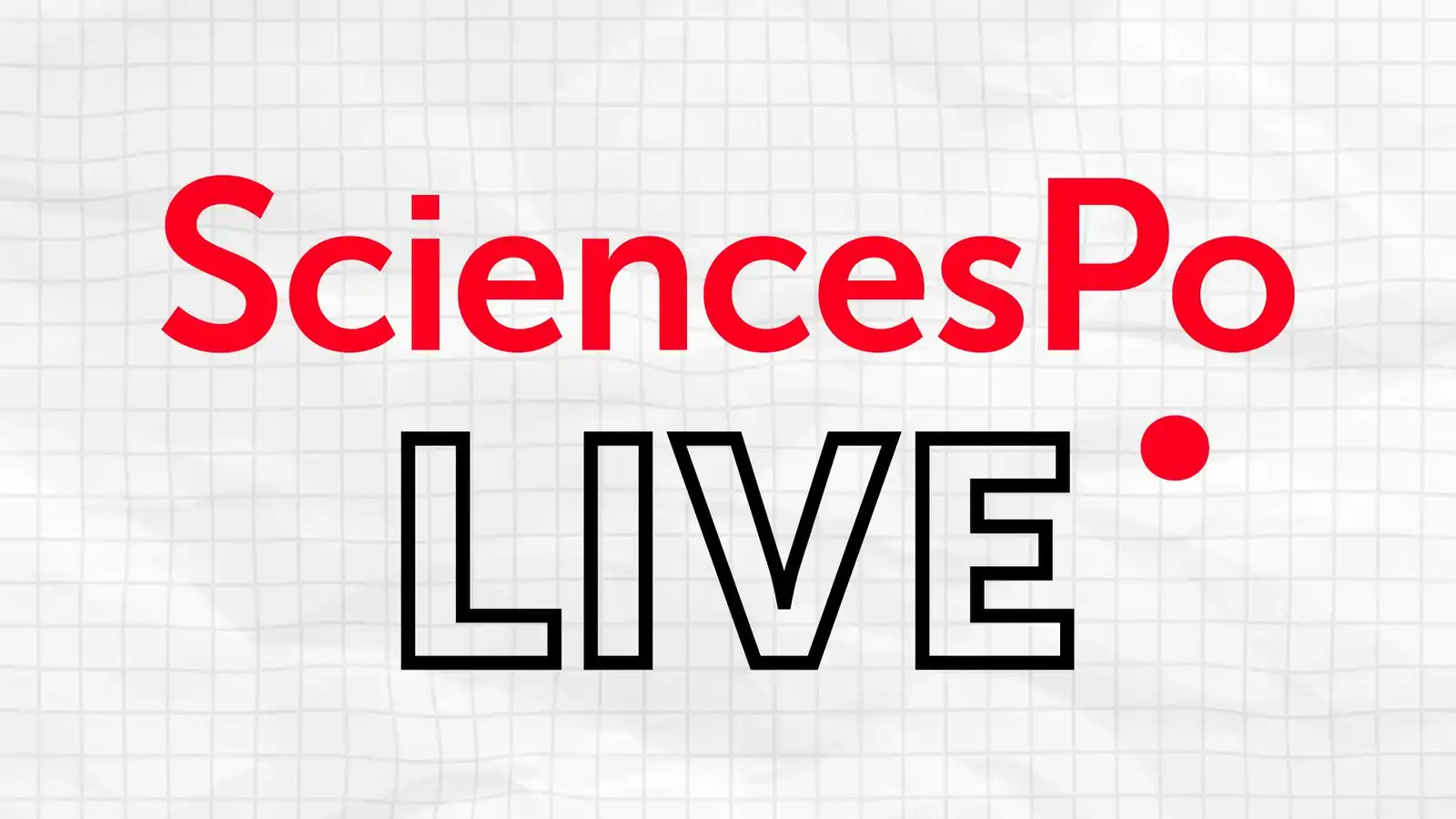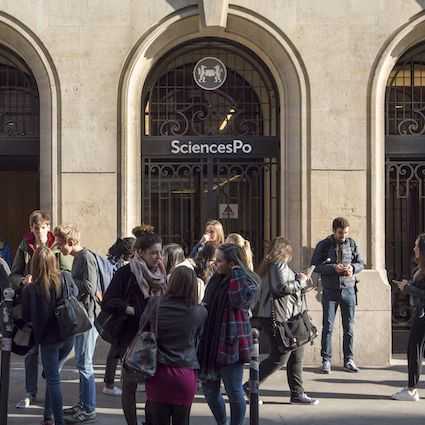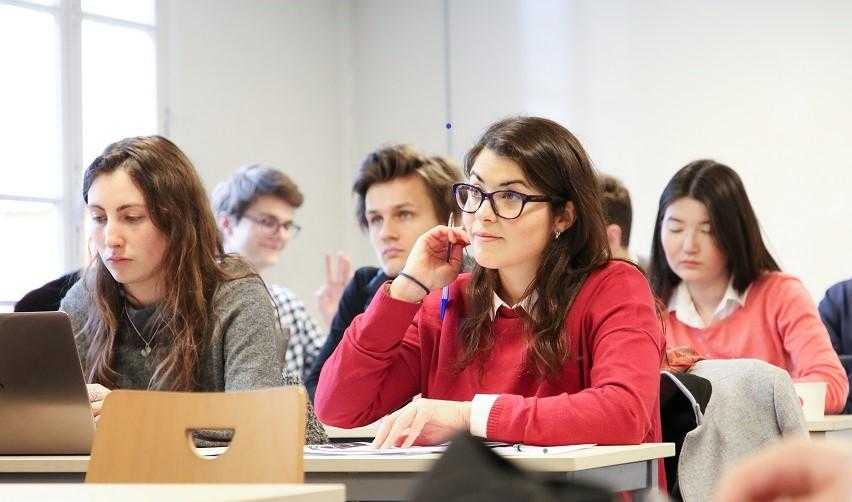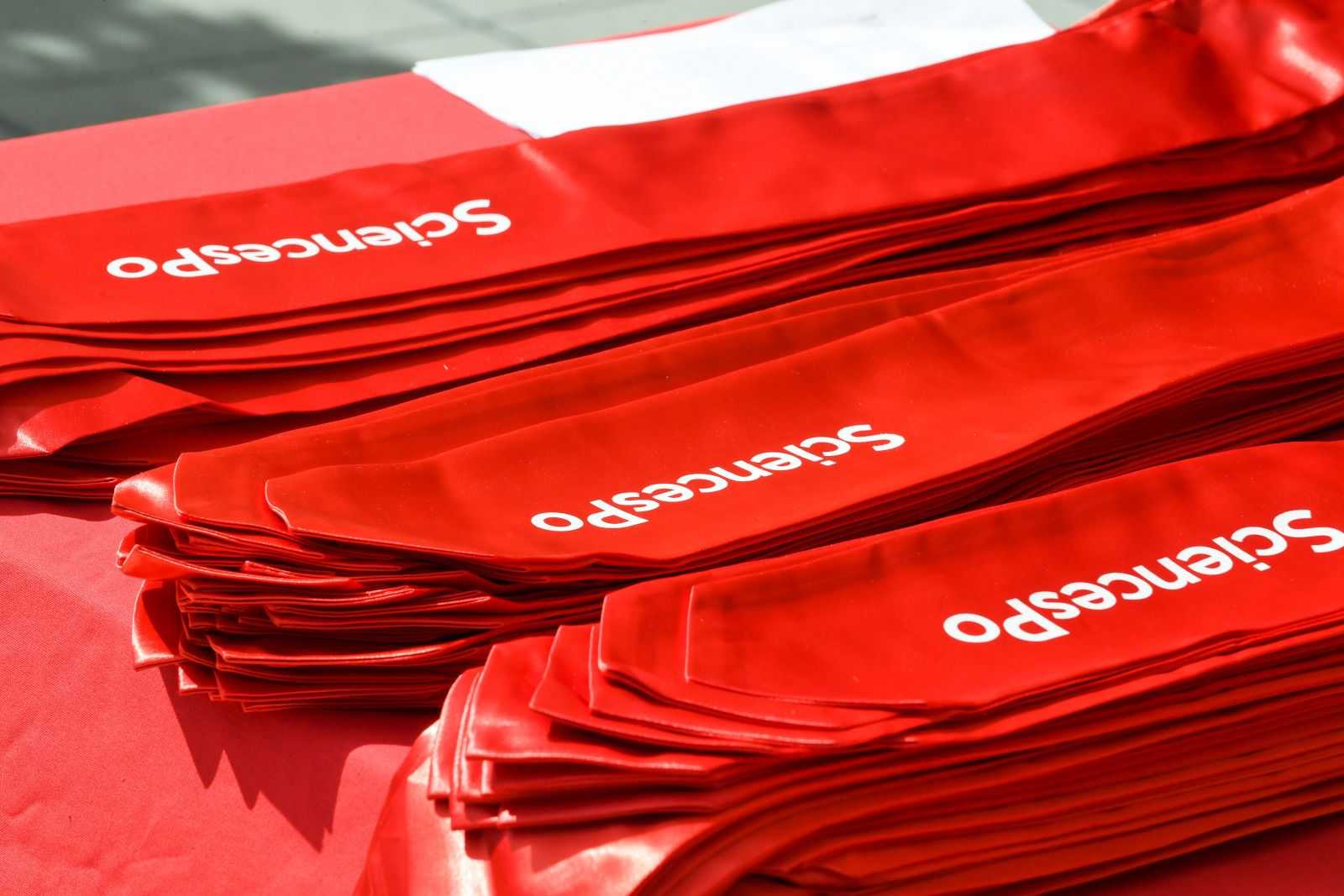
Home>Academics>Master Programs>International Security
Master in International Security
Two-year Master's
Programme in English
120 ECTS minimum
Information Sessions: Masters

Discover all the Master's programs offered by our 7 professional Schools at Sciences Po and explore the wide range of specialisations available during our webinars dedicated to applicants.
General objectives
This Master in International Security at PSIA trains students to develop the tools and knowledge they need to effectively understand and analyse issues in the international security field in the 21st century, including : changes in the international environment (remodelling of geopolitical systems, new forms of crises and conflicts, controversial military interventions, transnational terrorism, nuclear proliferation, cyberwarfare, etc.), conflict-ridden regions and the specific internal transformations in security and defence activities (specialisation, institutional transformation, "judicialisation", new technologies, etc.)
Main orientations and specific features
The curriculum for International Security is divided into three academic semesters and one semester dedicated to a professional internship, a master thesis or an exchange study program at a partner university.
Students study Master core courses relating to the major themes of the international security field, including:, strategy, defence economics, war and crises, peace, development and diplomacy.
Additionally, students must choose two concentrations from 12 thematic and 5 regional concentrations.
The program enjoys close collaboration with French defence institutions, notably the Saint-Cyr-Coetquidan military school and the École de Guerre allowing students to familiarise themselves with the existing articulations between public and private decision making in the fields of defence and security. This collaboration also allows them to acquire the theoretical and technical knowledge related to political-military relationships.
PSIA’s Pedagogical Committee approved an amended degree structure for students starting PSIA degree programs in September 2020. Further details regarding PSIA’s general program structure.
Below is the new degree structure for the Master in International Security:

Download the program structure (PDF, 64 ko)
If you choose the Enhanced Master option in place of a second concentration, you must choose one course from each block in semesters 1 and 2, and choose one course in three out of four blocks in semester 4.
The degree structure for students in the following programs can be found at: Dual Degree program, Joint Master program and One-Year Master program.
Programs
Career Opportunities
The International Security program is aimed at applicants with a career plan. Previous work experience related to the field of international security is not a requirement, but it is certainly valued in the selection process. The majority of our international security graduates work in national administrations and governments, international organisations, non-governmental organisations as well as in private security and risk analysis companies. The main sectors of employment include defence, intelligence, consulting, peace-keeping, conflict resolution and reconstruction.
Scientific advisor
Camille Grand is a Distinguished Policy Fellow at the European Council on Foreign Relations (ECFR). He leads the organisation’s initiative on defence, security and technology since 2022.
Previously, he worked as Assistant Secretary General for Defence Investment at NATO (2016-22), piloting NATO’s work in capability delivery, missile defence, and armament and technology cooperation. He previously was the director of the Fondation pour la recherche stratégique (FRS, 2008-16), the leading French think tank on defence and security studies.
He also held senior positions in the French Ministry of Foreign Affairs as head for disarmament and multilateral affairs (2006-08), and the Ministry of Defence (MoD) as deputy diplomatic adviser to the Minister (2002-06). He has also been a senior adviser on nuclear policy at the French MoD Policy branch and worked as a researcher inter alia at the EU Institute of Security Studies (EU-ISS) and the Institut français des relations internationales (IFRI).
His expertise and his numerous publications (including in Foreign Affairs, Politique étrangère, Commentaire, Internationale Politik, Revue des deux mondes, The World Today, Revue Défense Nationale, Europe’s World) cover a wide range of defence and security policy domains: European security, NATO and EU common defence and security policy, armament and technology, nuclear and missile defence policy, disarmament and non-proliferation.
He is an associate professor at the Paris School of International Affairs (Sciences Po Paris, 1998-2016 and since 2023), and has also lectured at the Ecole nationale d’administration (ENA) and the French army academy.
TESTIMONIALS FROM GRADUATES
- Nikhita, Data Center Security Specialist, AWS
- Erica, Program Manager, Konrad Adneauer Foundation, New-York
- Loukas, Blue Book Trainee in the Cabinet of the European Commission Vice-President
- Daniela, Young Graduate Trainee in the Strategic Foresight and Planning Office at the European Space Agency, France
- Leona, Communication and Knowledge Management Expert, FAO, Papua New Guinea
- Gabriela, Senior Consultant in Crisis and Resilience and Curator, Deloitte Switzerland
- Inès, Wealth Management Associate, Hexagone Capital, Shangaï
- Seong Jae, Associate Counter-Terrorism Officer, UNODC
- Camille, Partnership and Communication Officer, WFP, Copenhagen
- Akshaya, Research, Assessment, and Monitoring Officer at the UN World Food Programme, Cambodia
- Ole, Research Assistant in the Office of the Director, German Council of Foreign Relations
- Lukas, Junior Advisor, GIZ Ethiopia and Djibouti
- Bora, Junior Policy Analyst, Science, technology and Innovation, OECD
- Aleksandra, Geopolitical Intelligence & Travel Security Manager, Kering in Paris
- Héloïse, Regional Project Officer for Fragility, Crises and Conflicts, AFD's Sahel Office
- Sandor, Peacebuilding Fund Coordinator, UNDP in Sudan
- Marianne, Delegate, Weapon Contamination Unit, International Committee of the Red Cross in Afghanistan
- Sasha, Project officer, The Center for Humanitarian Dialogue in Bierut
- Lauranne, Political Attaché at the EU Delegation at Barbados
- Wiam, consultant, ReD Associates
- Shreya, Junior Assesment Officer, REACH Initiative
- Stijn, Project Development and Reporting Officer, IOM Niger
- Olivier, Sales and Business Manager, Safran Electronics & Defense
Discover 2024 Summa Cum Laude:
CONTACTS
Academic Advisors:
Academic Assistants:
Secretariat open:
- Monday, Tuesday and Thursday 9:30-12:45 and 2:15-4:45
- Wednesday and Friday 9:30-12:45
Key information about the application process (requirements, documents, deadlines and calendar, etc) can only be found on Sciences Po’s Admissions website.




